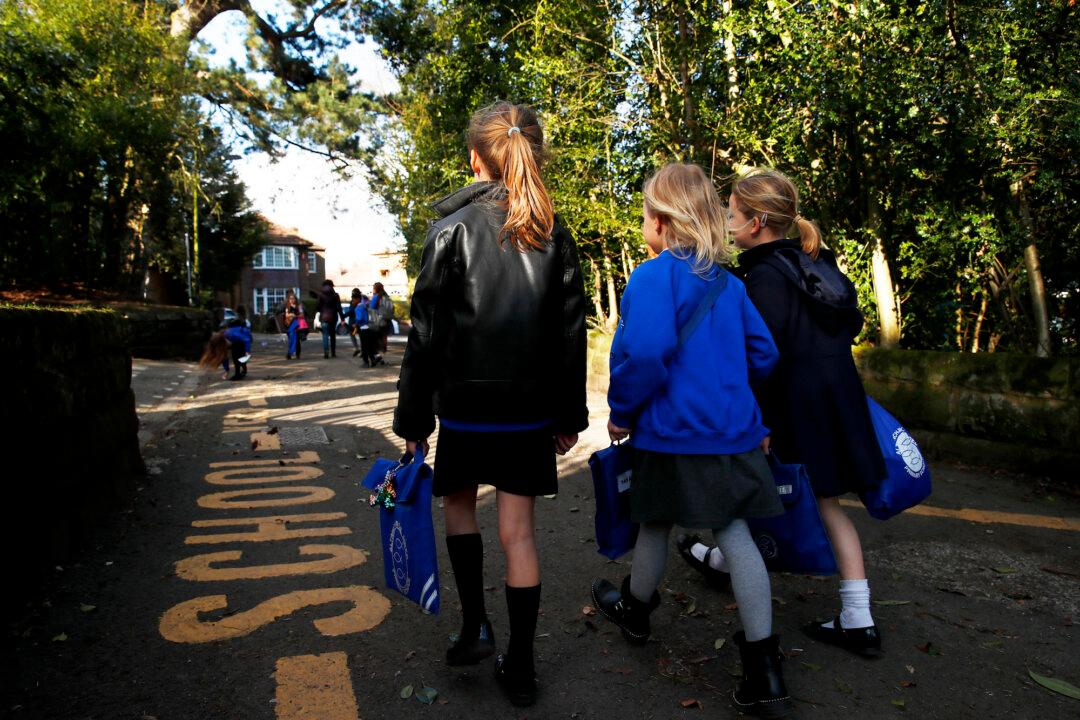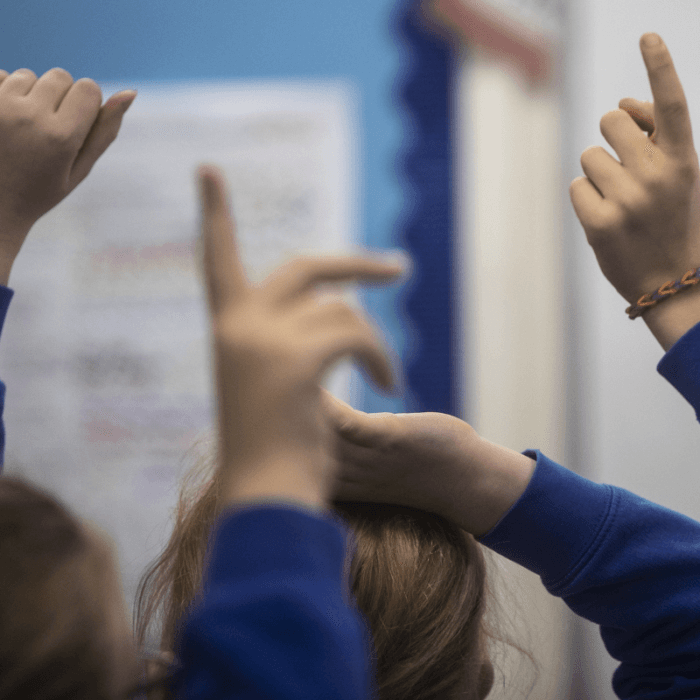Adding VAT onto private school fees will have “serious and far-reaching consequences” for the sector and for children, a peer in the House of Lords has said.
Cooke said that these schools will struggle to absorb the VAT, because “only a handful have the endowments or reserves that would enable them to pay it themselves.”
If schools are forced to make the tough choice to pass that increase on, many parents will then struggle, because “most independent school parents are not rich, let alone super-rich,” he said.
“Many schools, particularly those of small size which account for the overwhelming majority in the independent sector, face an uncertain future,” the peer said, adding that the prospect of losing these smaller schools “is simply appalling.”
In its election manifesto, Labour said that it would lift the tax exemption for private school tuition and boarding fees, saying that revenue raised would be spent on improvements in the state school system, including on 6,500 new teachers, 3,000 new nurseries, and mental health specialists in every school.
After Labour won the election, it was anticipated the changes would take effect in September 2025, giving parents time to prepare.
Special and Faith Schools
Education specialists had previously warned that VAT charges would hurt small independent schools, in particular faith schools or those that provide special education needs and disability (SEND) support.EDSK Director Tom Richmond added that many parents chose to send their child to an independent special needs school “precisely because their local state school was unable or unwilling to support them. If this situation goes into reverse then it could have consequences for both the child and the state school.”
This was a concern raised by Cooke on Thursday, who said, “So much invaluable support is provided in them for a huge variety of special needs.”
Cooke added that the future of small community faith schools are at risk, which currently teach and care for some 370,000 children.
‘Wicked, Stupid and Cruel’
Fellow Conservative peer Lord Forsyth of Drumlean also strongly criticised the government’s plans, calling it “wicked, stupid and cruel.”Forsyth said he had spent the summer reading emails from worried parents who were already struggling to pay their fees and from active service members “who put themselves in danger to defend our country.”
He had also heard from parent with children with SEND needs, asking his peers: “Who in this Chamber can defend the idea of sending a child who suffers with autism to a completely different environment halfway through term?
“Anyone who knows anything about autism will know that that would be a cruel and disgraceful thing to do. That is the consequence of this policy.”
Responding, Education Minister Baroness Smith of Malvern said: “We are determined in government ... to drive up standards in those schools for the overwhelming majority of the children in this country, so that they may receive the opportunities that, too often, have been the preserve of the rich and the lucky.”
The minister called the decision to end the tax breaks a “tough but necessary decision,” and one which “will generate additional funding to help to improve public services, including the Government’s commitments relating to education and young people.”
She added that the government will also “monitor closely” the impact the policy will have on military and diplomatic families.






